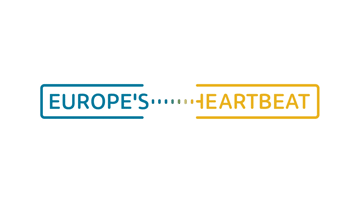Grants for Hiring Personnel
Four Main Groups of Labor-Related Incentive Programs
Labor-related incentives play a significant role in reducing the operational costs incurred by new businesses. Germany's Federal Employment Agency (Bundesagentur für Arbeit) and the German states offer a range of labor-related incentives programs designed to fit the different company needs when building a workforce.
The range of programs offered can be classified into four main groups: programs focusing
- on recruitment support,
- training support,
- wage subsidies,
- and on-the-job training.
Labor-related incentives are available throughout Germany; independent of factors such as company size, industry sector, or investment project location. Programs can be carried out and adjusted by local authorities according to investor needs - usually in close cooperation with the investor.

Matching Personnel: Recruitment Support
With over 800 local job centers located throughout Germany, the Federal Employment Agency assists companies in finding new employees. Regardless of the qualification or experience level required, the job centers offer highly competent and professional services as well as market expertise to help identify prospective employees in all sectors.
Assistance provided covers everything from job vacancy advertising and preselection of candidates (i.e. assessment centers) to the provision of facilities for holding job interviews. Because the job centers are governmental institutions, all services are provided entirely free of charge.
Enhancing Qualification Measures: Training Support
Prospective employees often need to participate in appropriate training measures before operating machinery and technical equipment. Such measures can be organized and administered by external specialist institutions. In general, the costs for training programs of this nature can be covered by up to 100 percent by regional program managing authorities.
Supporting Integration: Wage Subsidies
Wage subsidies aim at helping job seekers experiencing difficulties securing work (e.g. as a result of long-term unemployment). Employers can be granted a direct cash payment paid as a proportion of the employee’s wage. Grants can account for up to 50 percent of wage costs including social benefits. They may be granted for a period of up to twelve months. When hiring long-term unemployed people who have disabilities or who are older, wage subsidies can be raised to a maximum 70 percent of wage costs paid for a period of up to 96 months.
Wage subsidies are generally allocated if investors provide long-term employment contracts. Note that wage subsidy applications should be made in advance of the work contract being signed.
Advancing Professional Development: On-The-Job-Training
The German states and the European Social Fund (ESF) offer a variety of on-the-job training programs. Companies can be supported with subsidies covering up to 50 percent of all training costs. Authorization by the European Union (EU) is required if the amount awarded to a single company exceeds EUR 2 million.

